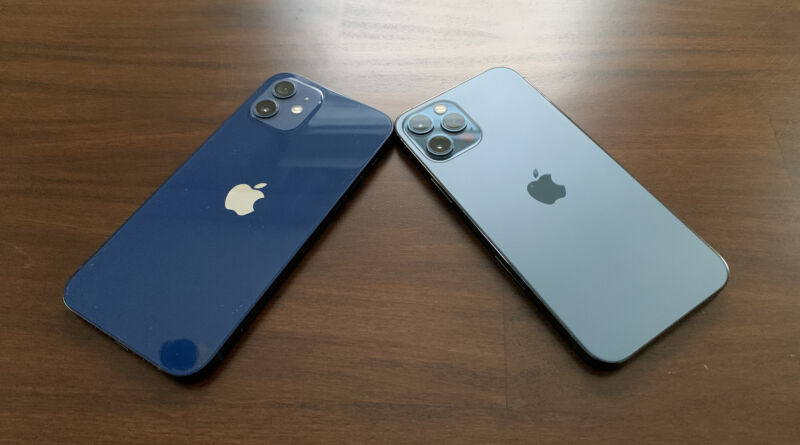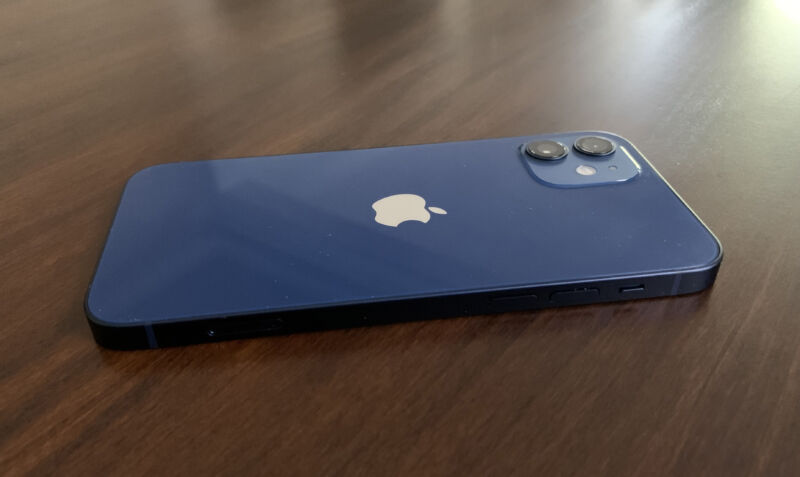-
 chevron_right
chevron_right
One of 5G’s biggest features is a security minefield
news.movim.eu / ArsTechnica · Thursday, 11 August, 2022 - 14:41 · 1 minute

Enlarge (credit: Anton Petrus | Getty )
True 5G wireless data, with its ultrafast speeds and enhanced security protections , has been slow to roll out around the world. As the mobile technology proliferates—combining expanded speed and bandwidth with low-latency connections—one of its most touted features is starting to come in to focus. But the upgrade comes with its own raft of potential security exposures.
A massive new population of 5G-capable devices, from smart-city sensors to agriculture robots and beyond, are gaining the ability to connect to the Internet in places where Wi-Fi isn't practical or available. Individuals may even elect to trade their fiber-optic Internet connection for a home 5G receiver. But the interfaces that carriers have set up to manage Internet-of-things data are riddled with security vulnerabilities, according to research presented this week at the Black Hat security conference in Las Vegas. And those vulnerabilities could dog the industry long-term.
After years of examining potential security and privacy issues in mobile-data radio frequency standards, Technical University of Berlin researcher Altaf Shaik says he was curious to investigate the application programming interfaces (APIs) that carriers are offering to make IoT data accessible to developers. These are the conduits that applications can use to pull, say, real-time bus-tracking data or information about stock in a warehouse. Such APIs are ubiquitous in web services, but Shaik points out that they haven't been widely used in core telecommunications offerings. Looking at the 5G IoT APIs of 10 mobile carriers around the world, Shaik and his colleague Shinjo Park found common but serious API vulnerabilities in all of them, and some could be exploited to gain authorized access to data or even direct access to IoT devices on the network.


